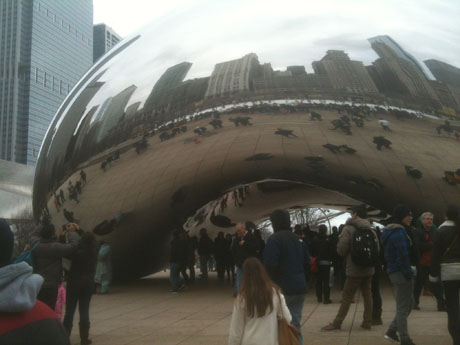We hear talk from time to time about partnerships between the public sector and private sector, essentially merging the mutual interests of governments, which serve communities, and private companies, which exist to make profits for shareholders or their private owners.
A private business generally can move quicker in making decisions than a governmental entity. A private business also would seemingly minimize costs, since profitability is it’s basic operating paradigm. Hence, merging the two has some advantages for the community in getting things done in a timely manner at a minimal cost.
There is another entrant in the private sector that is often a partner but seems to get left out of the public/private partnership discussion. This is the nonprofit organization, which is a special kind of private business.
Nonprofits are supposed to exist not to make money but to provide some public service and fulfill societal needs. Sounds kind of like government in purpose, but a nonprofit usually is more focused on a specific need than a city or county government.
So, we have a variety of solutions to the problem of funding cutbacks for parks and trails. In Illinois, where I recently visited, the state has park districts that are separate from civil governments. Park districts receive taxes directly, and though they work with city government, the districts have relatively secure funding even when tax revenues decline to fund other services.
Still, many of these park districts have formed foundations for the purpose of bringing in additional funding for capital and programs. In several cases, the “staff” for these foundations are park district staff, whose jobs involve raising funds for a “private” 501(c)(3) that is really a conduit for funding that cities, counties and park districts would otherwise not be able to obtain.
In the case of the amazing Millennium Park in Chicago, a separate nonprofit was created that has its own staff. It is a multimillion-dollar project that required a dedicated private sector effort. The entire project was coordinated between the city, which conceived the idea, the Chicago Parks District and a 501(c)(3) to “provide funding and operational support to oversee certain aspects of the design, restoration, maintenance and preservation of Millennium Park.”
San Jose Parks Foundation has followed a slightly different path. Despite being funded and essentially designed by the city of San Jose’s Department of Parks, Recreation and Neighborhood Services, the foundation is an independent nonprofit organization. Rather than being a simple fundraising mechanism for the city, it is an entity that has its own board and staff and may determine its own direction, knowing that everything the foundation does benefits San Jose’s parks and trails.
As an independent entity, San Jose Parks Foundation helps citizens gain access to city officials and programs, as well as empowering community groups to become active stewards and conservators of their neighborhood parks or favorite municipal parks or trails.
James P. Reber is the executive director of San Jose Parks Foundation, a veteran nonprofit entrepreneur and experienced special event planner and producer. He can be reached at
ja***@sa**********.org
or 408.893.PARK.


It always cracks me up when people compare us to a real City . It simply cant be done . This City is in a downward spiral and unfortunately for us , I dont see it turning around anytime soon.The Politics is killing this city , that I used to be so proud of. Its a disgrace what we have become
Clearly with the revelations coming out of Working Partnerships, the Santa Clara Valley Health Foundation, and just to be fair, the Mayfair Improvement Initiative, it’s clear that elected officials have discovered the advantages that nonprofits can offer our elected officials.
You may hear stuff about efficiency, but apparently nonprofits have other advantages too. Mostly in the category of money laundering and allowing government to spend money in ways that would be illegal otherwise though.